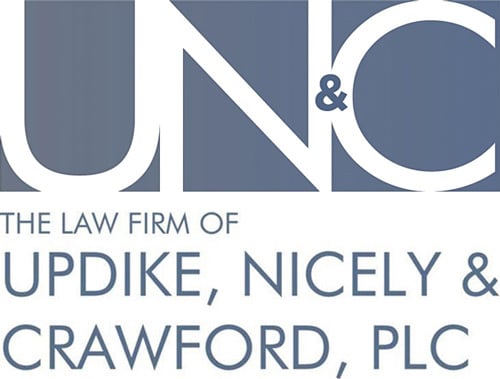As a property owner in the United States, you have a legal duty to visitors. What that responsibility entails and the extent of it depends on the category of visitor a person is and the laws of the state in which you live.
Tort law categorizes visitors in one of three ways: Invitees, licensees and trespassers. FindLaw explains the differences between each type of visitor and what level of duty property owners must typically show each.
Invitee
An invitee is a person you invite onto your property for the purposes of conducting business. An example of an invitee to your home would be a repair person or housekeeper. Invitees to public places may include patrons of a restaurant or job applicants. You owe the highest degree of care to invitees and must take all reasonable measures to prevent an invitee from sustaining an injury on your property.
Though “reasonableness” is subjective, courts typically ask that you do what a person of normal intelligence and judgment would do in similar circumstances. This may include moving items out of hallways or aisles, cleaning up spills and performing routine inspections.
Licensee
The law affords licensees the second highest degree of care. Licensees are people who visit a property for social reasons or for their own enjoyment. Examples of licensees may include friends to your home or patrons of a national park. You have a duty to protect licensees from known dangers on your property, but you do not have to go out of your way to find hidden hazards.
Trespasser
Trespassers are people who enter your property without your permission. While you have no legal obligation to protect trespassers from known or unknown hazards, you cannot willfully injure them. Moreover, if you know that a person frequently trespasses upon your property, you cannot purposely create unsafe conditions for him or her. If you do, and if the trespasser injures him or herself on it, you may assume liability for the resulting damages.
Child Trespasser
The law takes a different approach to child trespassers. The law assumes that children are naïve to many property hazards. As a result, the courts can and have held property owners accountable for the injuries of a child who wandered onto a property without the owner’s permission. Because of this, property owners and occupiers should go out of their ways to barricade “attractive nuisances,” such as swimming pools, play equipment and heavy machinery.
It is important to understand the various levels of protection the law affords each type of visitor. As a property owner, your knowledge could help you avoid legal claims. As a visitor to a property, it can help you assert your rights in court.


